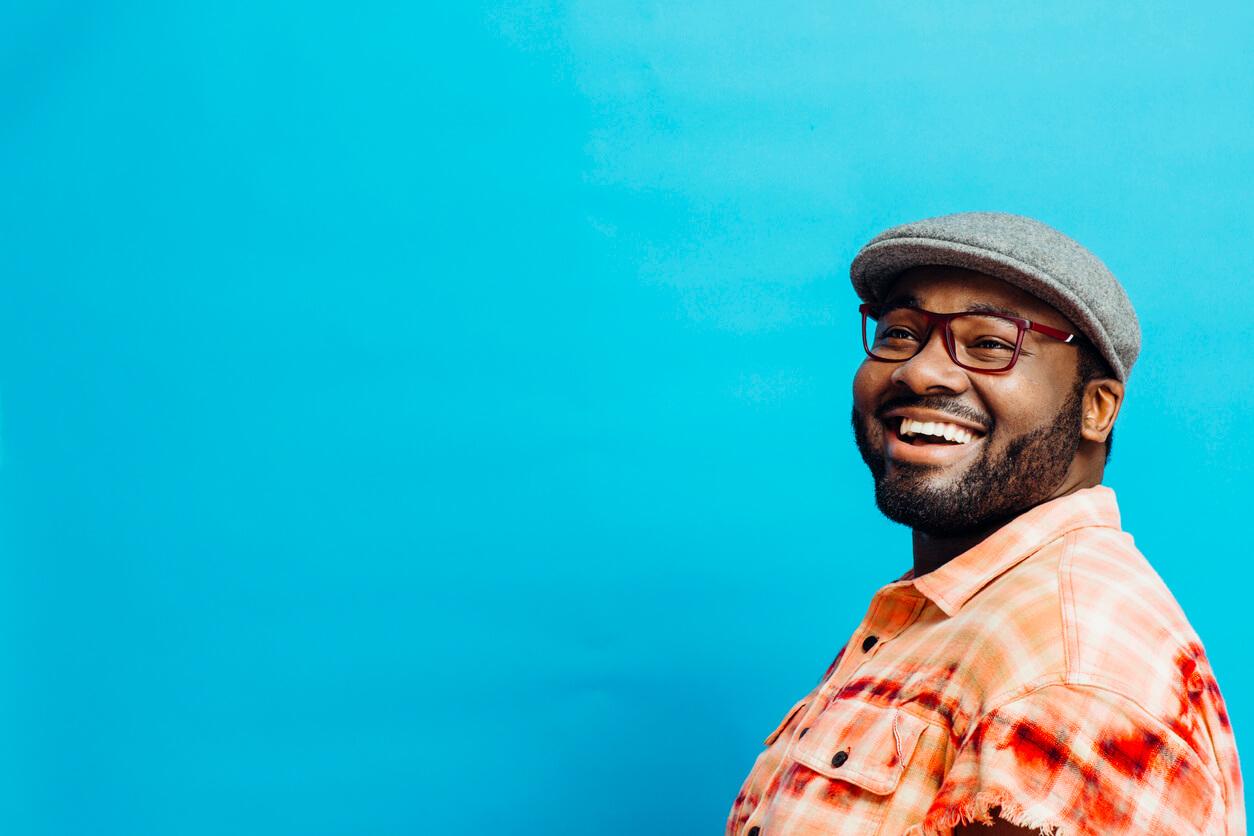Men’s Mental Health
Prioritizing mental wellness in June
June is Men’s Health Month–a whole month dedicated to raising awareness around men’s health issues and encouraging healthy habits in men. But June is about more than your physical health. Men’s Health Month also encompasses mental health for men. Mental health is still very much stigmatized among men. Six million men deal with depression in the United States and experience suicide rates four times higher than women. For example, in 2010, men comprised 79% of all suicide deaths in the US.
Your mental health is just as important as your physical health. In fact, your mental and physical health are often linked. Sesame is committed to the destigmatization of mental health for everyone, regardless of age, gender, or ethnic identity. To do so, we are joining organizations worldwide to celebrate Men’s Health Month. We’ve put together a fact sheet to shed some light on men’s mental health in the United States and a list of resources you can use to improve or maintain yours.
Common mental health conditions
One in five people in the United States deals with some form of mental health issue. Over 14 million people dealt with a serious mental illness in 2021, and mental health problems cause over 193 billion dollars in lost earnings every year. While women are statistically more likely to experience a mental health problem than men, men are not exempt from mental illness; they are just far less likely to seek treatment. As a result of avoiding mental health treatment, the effects of mental issues often manifest themselves in men via symptoms like:
- Aggression
- Substance abuse
- Weight changes
- Restlessness or difficulty focusing
- Fatigue
The most common mental health conditions affecting men include:
Major depressive disorder (depression): Over 6 million American men deal with depression every year. Because men tend to avoid professional help for mental health issues, it’s reasonable to assume that depression is underdiagnosed in men and that the number of cases in men is actually much higher.
Anxiety disorders: Over 3 million men deal with some form of anxiety disorder (panic disorders, agoraphobia, or other phobias) every year.
Schizophrenia: Young men account for 90% of all schizophrenia diagnoses in people under 30. About 3.5 million people have been diagnosed with schizophrenia in the United States.
Eating disorders: Young men account for 1 in 4 eating disorders. 39% of young men say they would give up a year of life for the “perfect body.” Additionally, 31% of male teens reported binge eating, purging, or overeating. However, these numbers may be lower than actual rates, as men are less likely to seek mental health care for an eating disorder. Only 1 in 10 men seek help for eating disorders.
Substance abuse: American men are less likely to seek help for mental health issues. They’re also far more likely to engage in substance abuse than women. Men are twice as likely to abuse drugs and alcohol as women—11.5% of men and boys over 12 reports having some sort of substance abuse disorder.
Mental health issues don’t discriminate based on gender. While women report more mental health concerns, millions of men in the United States deal with some form of mental illness every year. The problem is that many of us do not see a mental health professional for a comprehensive diagnosis and treatment, which can lead to substance abuse and uncontrolled symptoms.
Mental health resources for men
Mental health issues require treatment and care, just like a physical ailment. If you, a family member, or a loved one is exhibiting the signs and symptoms of a mental health problem, you should know that you have options. Hundreds of organizations nationwide are working to destigmatize the conversation around men’s mental health and provide mental health resources for men of all ages.
Some resources for help include:
Project Healthy Minds: Project Healthy Minds is a non-profit seeking to end the stigma around mental health issues by offering interdisciplinary treatment options for people of all ages, genders, and sexual identities. They have specific services for emotional states like anxiety, depression, grief, and stress.
Mental Health America: Mental Health America (MHA), founded in 1909, is one of the country's oldest non-profit mental health organizations. MHA addresses the needs of individuals with mental health issues and promotes awareness of mental health needs for all. The Mental Health America site lists resources and mental health services you can use for yourself or someone you know. They also list services based on the needs of the individual and the type of treatment needed.
HeadsUpGuys: HeadsUpGuys is an online resource center for men dealing with depression. The site contains coping skills and tips, articles and stories, and resource guides to help men discuss their mental health and get professional help when needed.
Therapy for Black Men: Therapy for Black Men is an online directory of therapists and coaches focusing on proactive mental health care for Black men. Their directory comprises Black mental health care providers across the country. In addition to their online directory, Therapy for Black Men offers online resources like articles and blog posts, and financial assistance packages for therapy.
Active Minds: Active Minds is a non-profit that promotes mental health in young adults. This organization provides mental health workshops on college campuses, workplaces, and K-12 schools. They also offer educational resources and crisis information for immediate help.
Men’s Group: Men’s Group is an online support group network for men facilitated by men. Men’s Group hosts online discussion forums, Zoom meetings, and in-person seminars that address self-improvement and mental health challenges among men. These meetings can help you connect with other guys with similar life situations or interests. They also offer a resource library and social hang-outs.
Mental health care on Sesame
Sesame offers in-person and video mental health appointments nationwide with licensed mental health care providers. These convenient visits afford the opportunity to talk about any mental health issues you may have with a provider of your choosing. These appointments are also a great way to determine what you seek in mental health care. You can talk about your goals, why you seek professional help, or any concerns about mental health care. It’s all on the table.
Mental health is crucial to your physical health and your relationships with those around you. If you’ve never spoken to a professional about your mental health, use June as an excuse to book your first appointment. Even if you don’t notice any of the signs or symptoms of a mental illness, regular therapy can help you better understand your behaviors, thoughts, and goals. Support is ready and available. All you have to do is reach out.
If you or someone you know is experiencing suicidal thoughts or behaviors, call the National Suicide Prevention Lifeline at 988. This suicide prevention network is free and provides 24/7 support for anyone experiencing a suicidal crisis or emotional distress.









